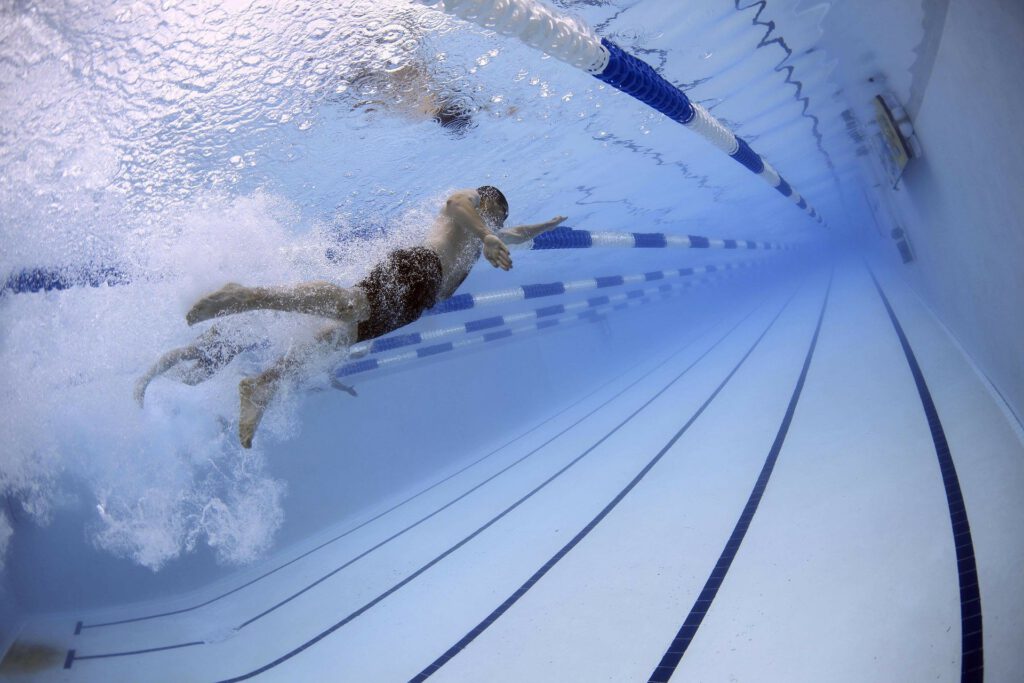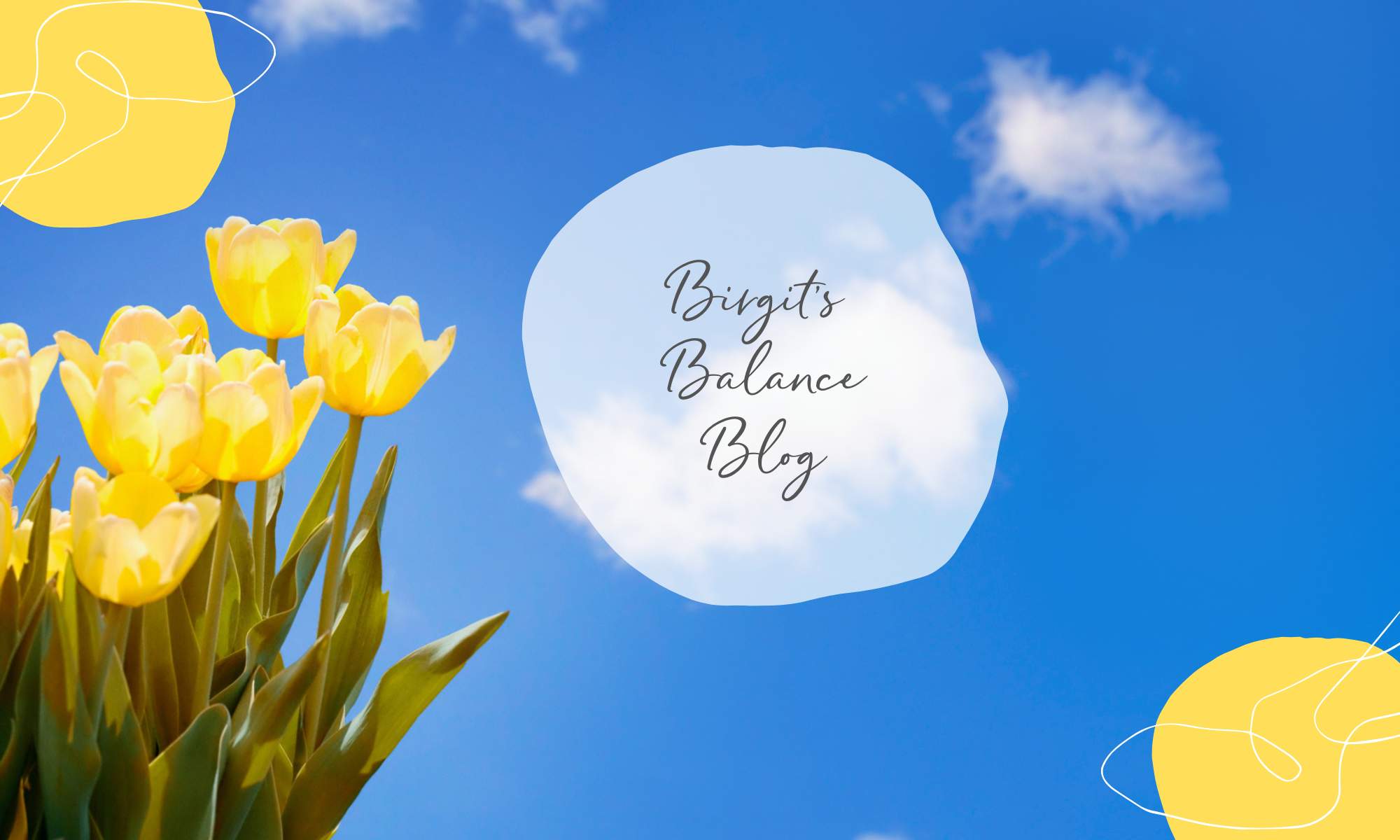
Every now and then I give relaxation courses in an environment that has a certain background noise during the sessions.
In the beginning I asked myself: is that possible? Can my participants relax if they are not completely surrounded by silence?
And quite soon I thought to myself:
If my goal is to help people maintain calm in the hustle and bustle, doesn’t it make sense to practise calm in the hustle and bustle?
Sure, you can retreat to the quietest place possible for relaxation – be it meditation, autogenic training or a fantasy journey. And it certainly helps to recharge the batteries.
But what happens if back in everyday life and my batteries are empty before the next rest period or a place to rest is in sight?
Shouldn’t I then be able to carry on in a “healthy” way?
In principle, relaxation methods can have two benefits:
- Slowing down, switching off and recharging my batteries
- Getting to know and practising techniques and method so that my batterey does not drain so quickly in everday life.
The first point is important, the second is sustainable.
In order to benefit from 2. it is important consciously expose yourself to situations in which you wish for more calm and serenity – in order to practise how you can handle this situation.
If you really learn to how to swim, you have to get wet.
And if we succeed in integrating the methods and techniques into our everyday life, we are much less likely to feel empty and stressed.
So, take the time to recharge your battery but don’t forget to practice what you have learned under the conditions for which you have learned it.
Good luck with your “swim training” !
Yours, Birgit
